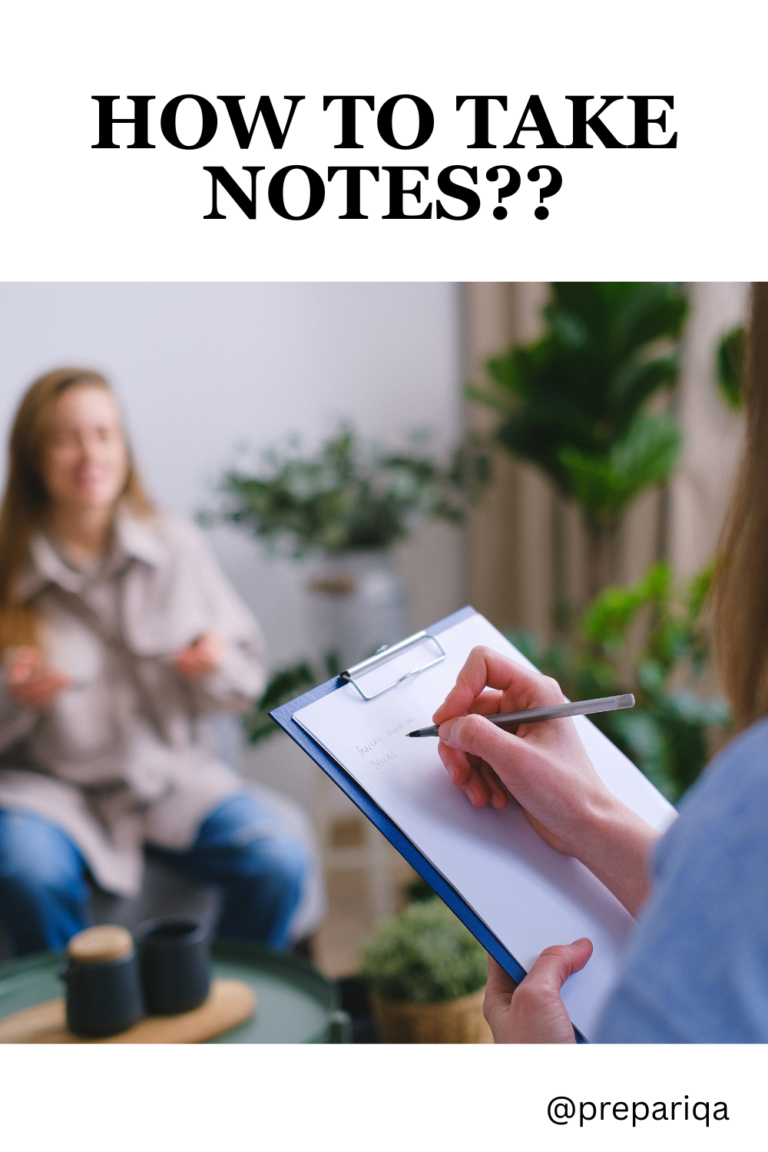10 Study Hacks You’ve Never Heard Of—But Wish You Had Sooner!
Introduction
Let’s be real. Studying sucks when it feels like you’re putting in hours but remembering nothing. You re-read the same page ten times, highlight like it’s an art project, and still blank out during the test. Sound familiar?
The problem? You’re using the wrong study hacks—the ones that schools have been pushing for years but don’t actually work for long-term learning—cramming, passive reading, and mindless note-taking? Yeah, that’s why you forget everything the second the exam is over.
But don’t worry, I’ve got you. I’ve dug deep into student forums—Reddit, Quora, Discord, and even secret study communities—to find the weirdest, most effective study hacks that actually make studying easier, faster, and way less painful. Let’s get into it!

Table of Contents (Best Study Hacks)
1. The “Ugly Notes” Method—Messy Notes = More Memory (One of the Best Study Hacks)
If you’re spending hours making your notes look pretty, I hate to break it to you—you’re wasting time. Your brain doesn’t remember neat, color-coded pages. It remembers chaos.
So, instead of writing everything in perfect order, try this: scribble, doodle, use weird abbreviations, write things out of order, and draw arrows everywhere. The messier, the better. When you have to make sense of it later, your brain works harder, and that means you actually remember it. This is actually one of best study hacks I have come across.
Oh, and try switching up your handwriting too—write some parts in all caps, some in tiny letters, some in cursive. Your brain will be like, “Whoa, what’s going on here?” and be forced to engage with the material instead of just copying it.
2. The “Pre-Exam Playlist” Trick—Music = Instant Recall
Ever notice how hearing an old song brings back memories you didn’t even know you had? That’s because music is a powerful memory trigger. And guess what? You can use it to memorize your study material too.
Here’s how: Pick a specific playlist or song for each subject you’re studying. Play it while you’re going over your notes, doing practice questions, or reviewing flashcards. Then, before your exam, play the same song (or just think about it), and boom—your brain pulls up all the info you learned while listening to it. One of these study hacks combines your favourite activity with studying.
Just avoid songs with distracting lyrics. Lo-fi beats, classical music, or instrumental movie soundtracks work best.
3. The “Fake Deadline” Psychological Hack—Trick Your Brain into Focus Mode (One of the Best Study Hacks)
Ever notice how you can somehow write an entire essay in two hours when it’s due tomorrow, but if you have a week, you take forever? That’s because your brain only focuses when there’s pressure.
So, instead of setting a whole afternoon to study, trick yourself into thinking you have less time. Give yourself a fake deadline: Set a timer for 25% less time than you actually need and challenge yourself to get it done before it runs out.
You’ll feel that same last-minute urgency, and your brain will kick into hyper-focus mode. Plus, you’ll finish faster, which means more free time for Netflix (or whatever you actually enjoy doing).
4. The “3-Language Rule”—Memorize Stuff Like a Genius (One of the Best Study Hacks)
If you’re just reading and re-reading your notes, stop. That’s passive learning, and it’s why you forget things. Instead, you need to force your brain to work harder—and one crazy-effective way to do that is using multiple languages.
Here’s the trick: First, read your notes in your native language. Then, translate key concepts into any other language you know (even if it’s just a little bit). Finally, explain it in your own words like you’re teaching a friend.
Why does this work? Because your brain remembers things better when it has to process them in multiple ways. Plus, it makes studying less boring because you’re engaging different parts of your brain.

5. The “TV Subtitles” Trick—Turn Binge-Watching into Studying (One of the Best Study Hacks)
I know you’re watching Netflix when you should be studying. So why not turn it into an actual learning tool?
Here’s how: Watch a show with subtitles in the subject you’re studying. If you’re learning Spanish, turn on Spanish subtitles. If you’re trying to memorize science terms, watch a documentary with captions on. Even if you’re half-paying attention, your brain is picking up key words and concepts without extra effort.
This works ridiculously well for languages, history, and any subject that has a ton of terminology. And guess what? You don’t even have to feel guilty about binging a show anymore.
6. The “Font Switch” Mind Hack—Force Your Brain to Pay Attention (One of the Best Study Hacks)
Ever read a textbook page only to realize you absorbed nothing? That’s because your brain zones out when text is too easy to read.
To fix this, change your notes to an ugly, hard-to-read font like Comic Sans or Monotype Corsiva. When text is harder to process, your brain actually pays attention, which means better memory retention.
It sounds dumb, but it works. Try it. This is one of the effective study hacks that I personally like.
7. The “Midnight Memory Activation” Trick—Study While You Sleep (One of the Best Study Hacks)
Your brain is like a hard drive that backs up data overnight. So, if you study right before bed, your brain has all night to process and store that information.
Here’s what to do: Pick one key fact or concept you want to remember. Read it out loud a couple of times. Then, as you’re falling asleep, replay it in your mind like a movie.
When you wake up, try recalling it before checking your notes. It’ll be locked into your memory way better than if you studied during the day.
8. The “Wrong Answers First” Method—Reverse How You Study (One of the underrated study hacks)
Most people start by reading notes, then trying to recall them. Flip that.
Before looking at your notes, try writing down everything you think you know about the topic. Then, go back and correct yourself. Your brain remembers mistakes way better than just reading passively.
It’s like when you embarrass yourself and can’t stop thinking about it—your brain locks in the correction so you don’t make the mistake again. Same idea, but for studying.

9. The “One Sentence Journal”—Your Future Self Will Thank You (One of the Best Study Hacks)
Studying for hours and forgetting everything a week later? That’s because you’re not reviewing consistently. But I get it—rewriting notes is exhausting.
Here’s the easier way: Every night, write ONE sentence about what you studied that day. Just a quick summary of the most important idea.
When exams roll around, flip through your past entries—it’ll trigger instant recall because your brain will have a timeline of everything you learned.
10. The “Google It Wrong” Hack—Find Answers in the Weirdest Places (One of the Best Study Hacks)
Most people Google things like, “What is the mitochondria?” But that’s boring. Instead, try searching, “Why is the mitochondria useless?” or “What if mitochondria didn’t exist?”
Why? Because you’ll find debates, counterarguments, and explanations you never thought of. This forces you to think critically and understand concepts deeply instead of just memorizing definitions.
Works insanely well for history, philosophy, and science subjects where there are different perspectives to explore.
Conclusion: Best Study Hacks for students
Studying has always felt like a never-ending challenge—one that can either drain your energy or, with the right approach, make learning easier and even enjoyable. Over the years, I’ve realized that the key isn’t about studying harder but studying smarter. And you can practice that using these unique study hacks.
I’ve tried cramming, re-reading notes, and highlighting everything in sight—only to forget most of it a week later. But once I started experimenting with different study hacks, things changed. Using active recall, teaching concepts in my own words, and optimizing my study environment made all the difference. And honestly, some of the weirdest tricks—like messy notes or changing fonts—worked better than anything I learned in school.
If there’s one thing I’d leave you with, it’s this: not all study hacks works for everyone. The trick is to try different techniques and see what sticks. Maybe you’ll find that using a “fake deadline” helps you focus, or that listening to specific music while studying improves recall. The point is to experiment, tweak, and find what works for you.
At the end of the day, studying doesn’t have to be stressful. With the right approach, you’ll not only retain information better but also save time and feel more confident walking into exams.






